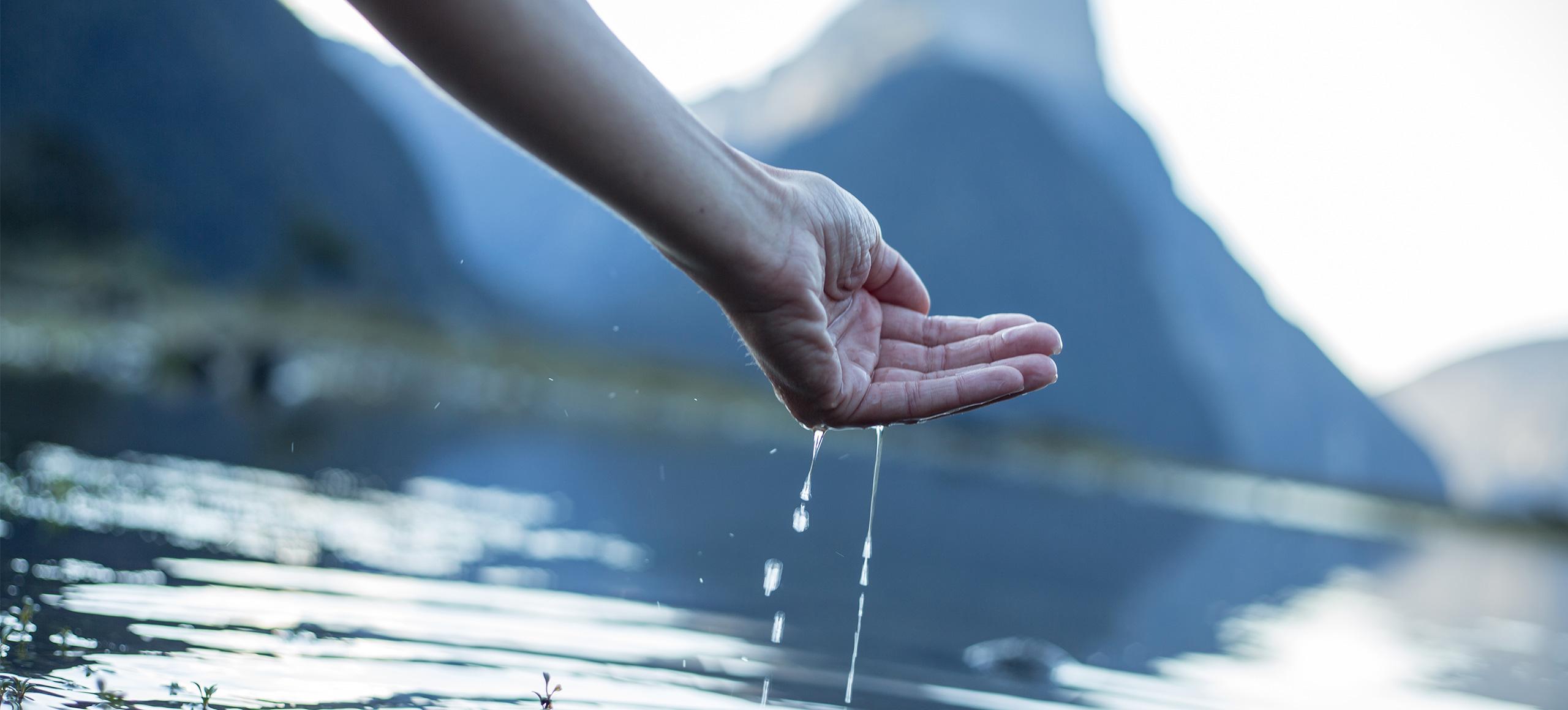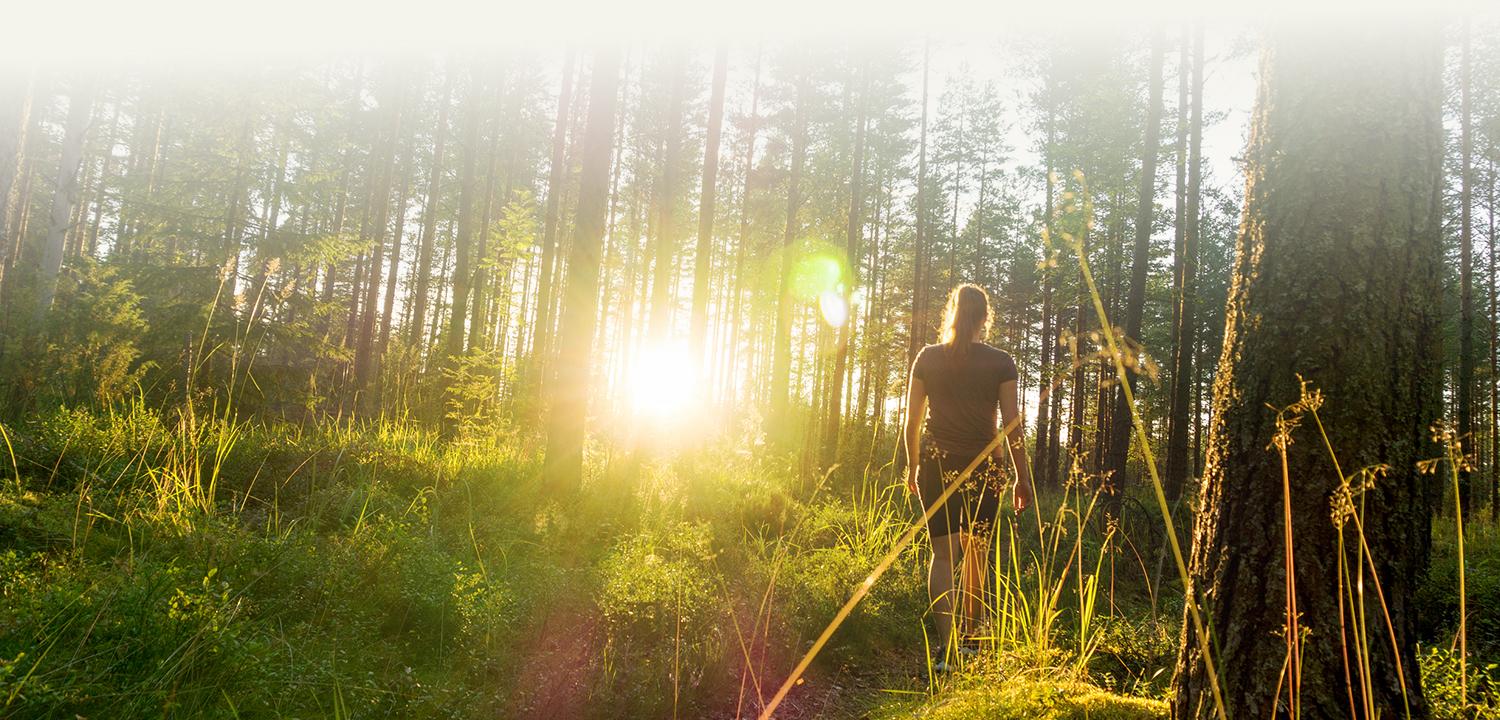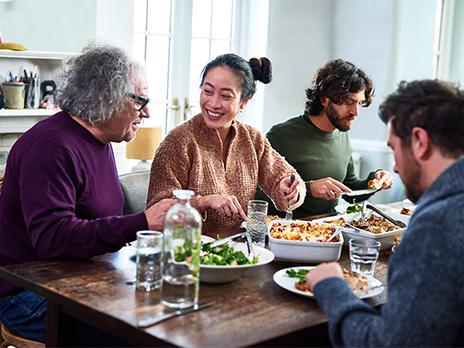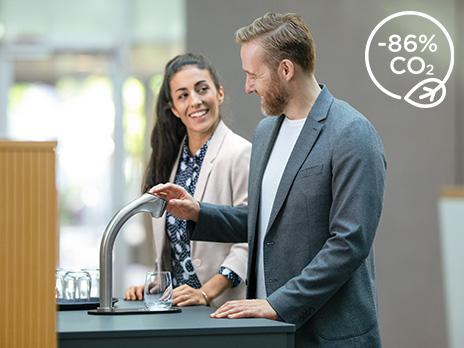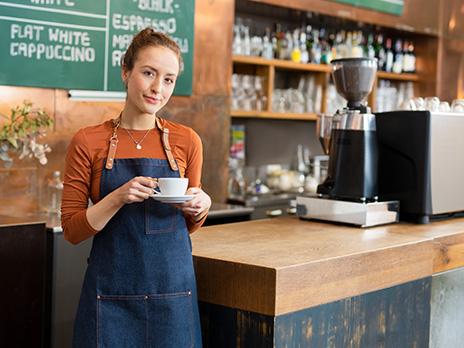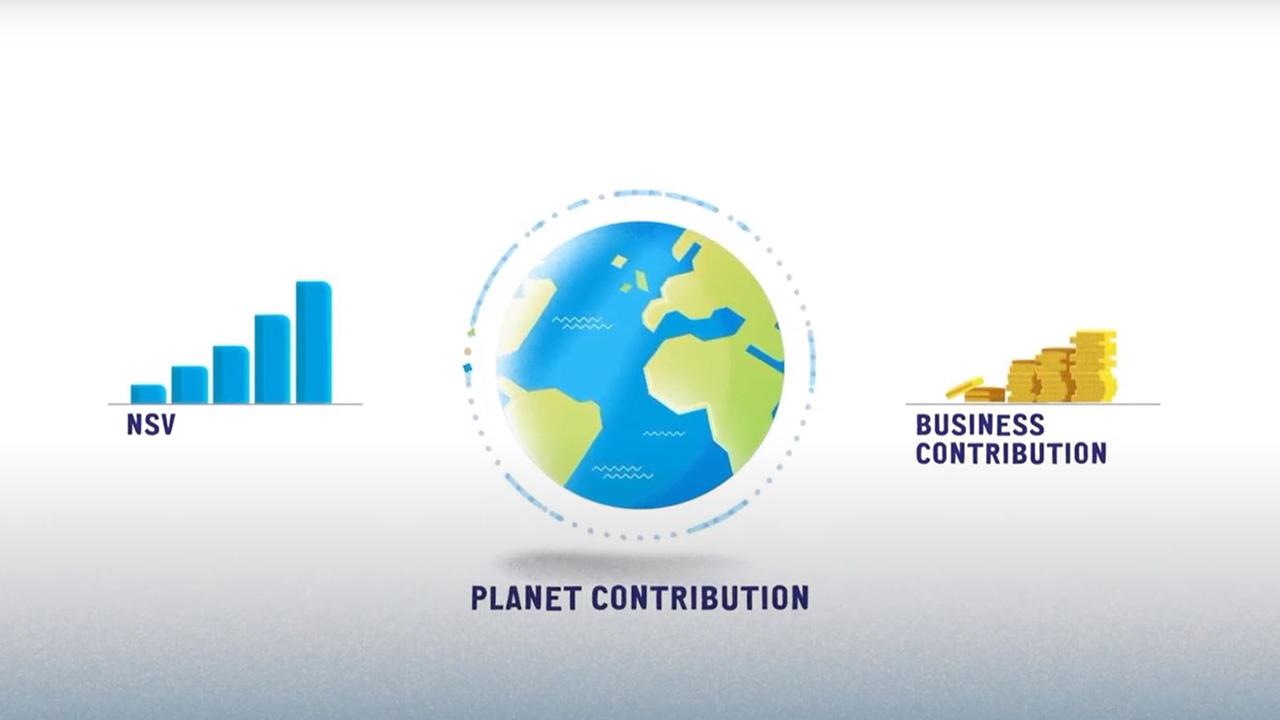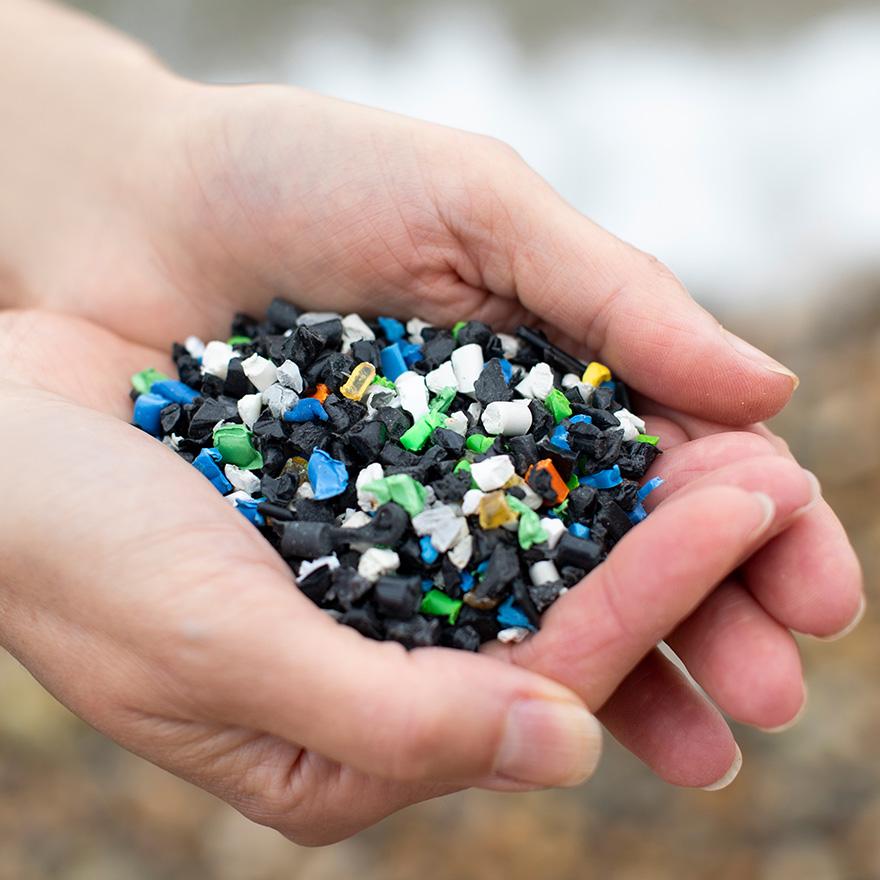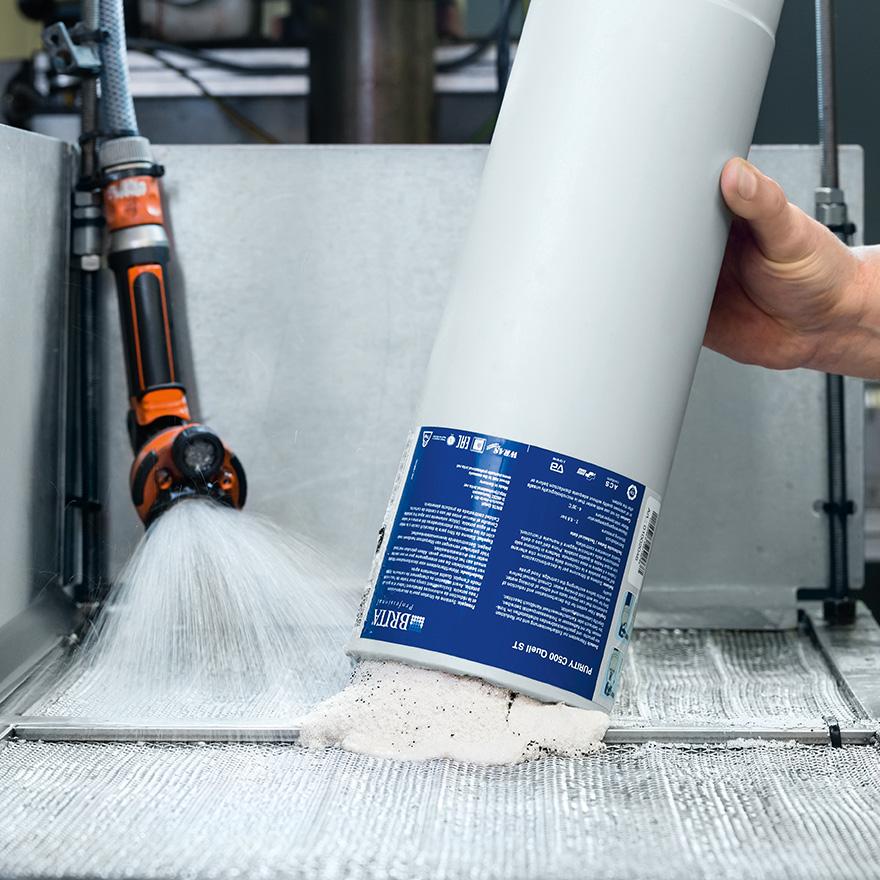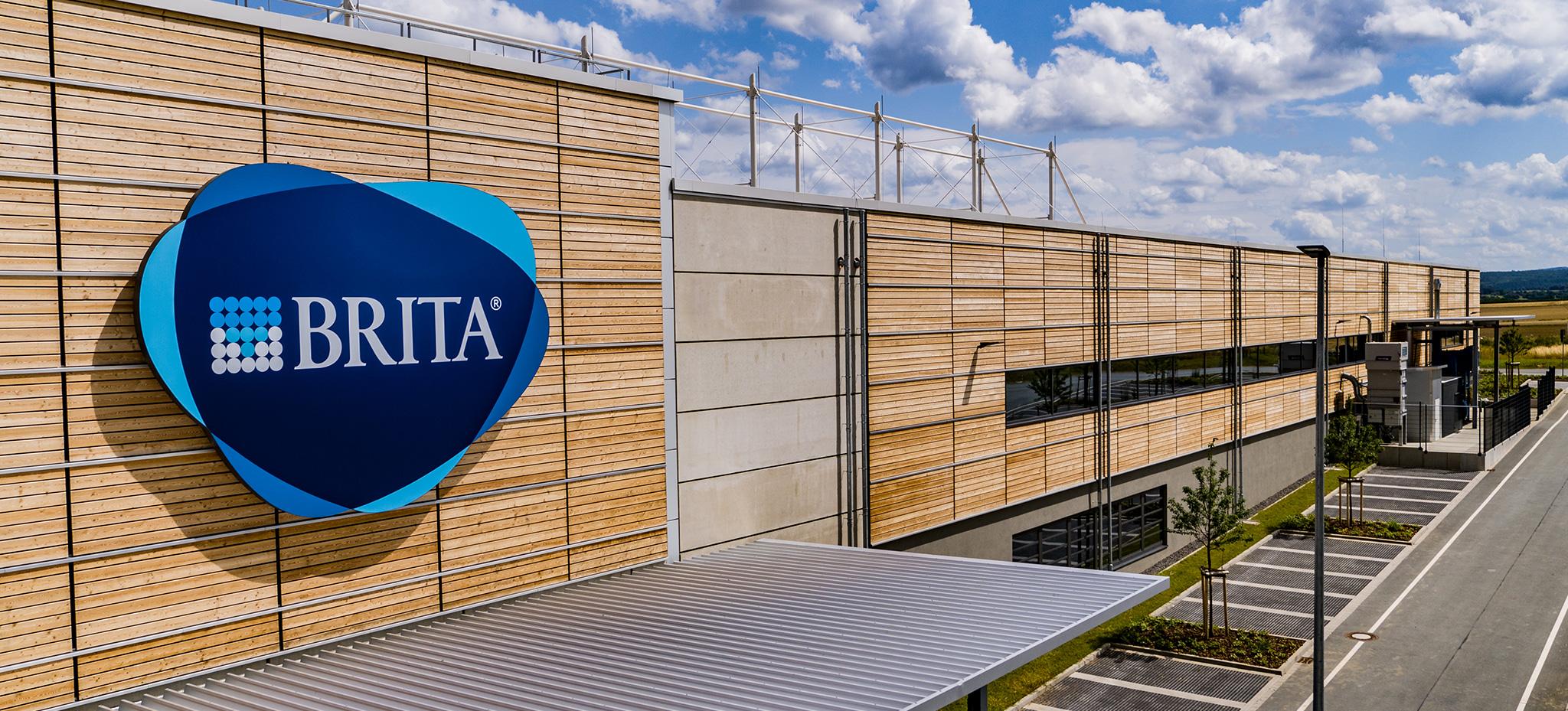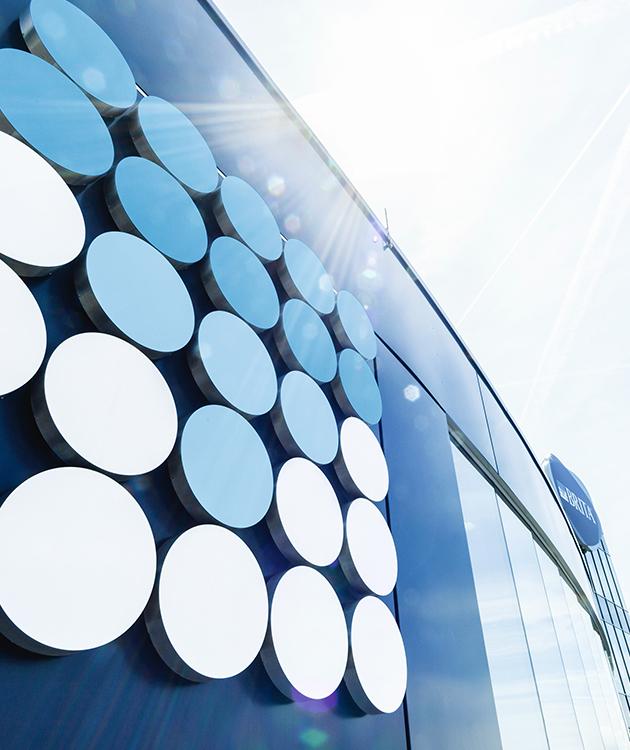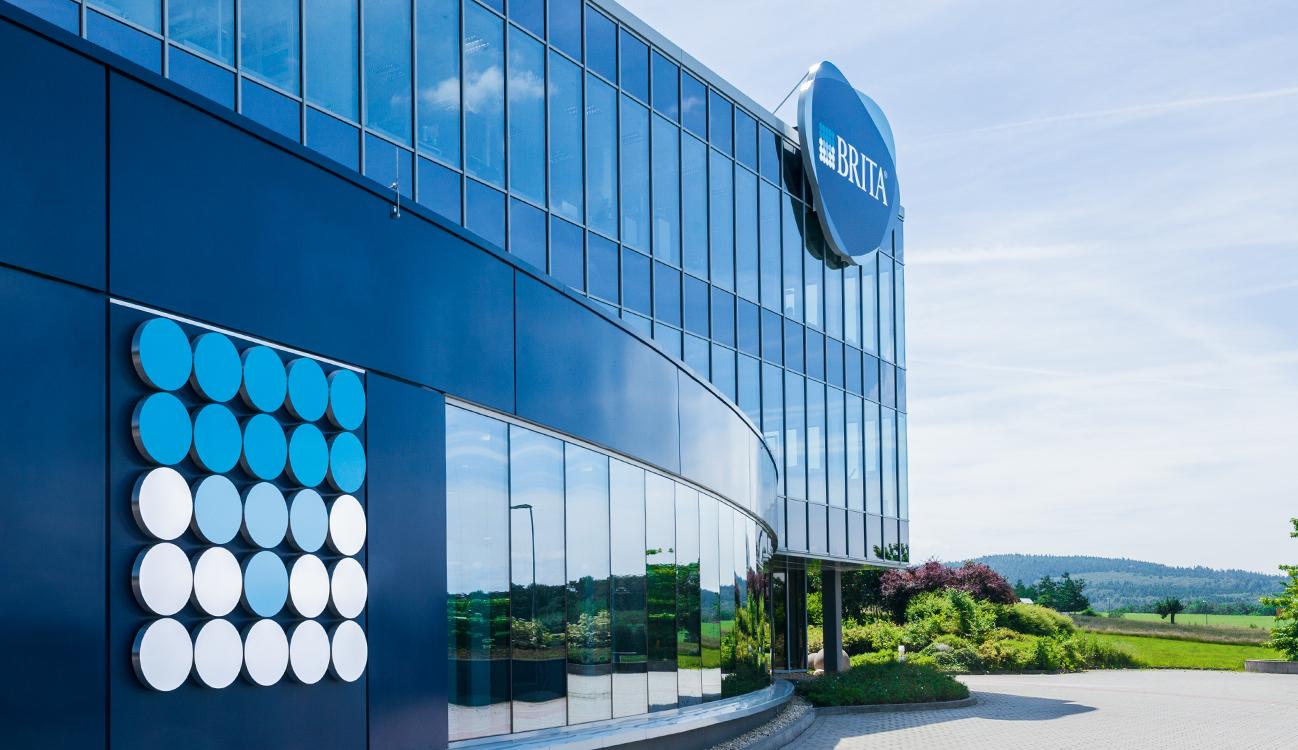Light, durable and flexible: plastic is a valuable raw material. In view of the stringent hygiene and quality requirements that we insist upon at BRITA, plastic is virtually ideal. However, we have a critical view of the impact of plastic production and consumption on the planet and we take our contribution to this very seriously indeed. That's why we want to greatly reduce the use of plastic in our products – by 30% by 2025! To achieve this, we are researching various alternatives. In doing so, we pay attention to a wide variety of factors: In addition to quality, hygiene and safety criteria, manufacturing costs are just as relevant as CO2 emissions and the ability to recycle.
Innovative: bio-based materials replace virgin plastic
An innovative material called bio-based plastic has turned out to be particularly suitable. It is made entirely or partly from renewable biological sources such as plants – and it is just as durable and recyclable as conventional plastic. Any differences can only be detected in the laboratory through scientific analysis.
At BRITA, we believe that agricultural land should be used to grow food for people and animals, not raw materials for the plastics industry. Therefore, our bio-based plastic contains only residual materials from other processes, for example from food or paper production. In the case of the Style eco water filter jug, we use what is called tall oil, which is a by-product of wood processing.
Sustainable and certified
Through the use of bio-based plastic, we can significantly reduce our carbon footprint and the consumption of conventional plastic – and we will continue to do so in the future.
Whenever we talk about bio-based plastic in connection with our products, you will find a percentage figure as well as the reference to the so-called mass balance approach. This means that you can see exactly how much bio-based plastic is in a product - a concept that is also used in the green electricity market, for example. The mass balance approach is an accounting method in which (in our case) bio-based materials are mixed with fossil materials during the production process and then allocated to the final product. All our suppliers work according to the specifications of the internationally recognised ISCC label - a certification standard that tracks the bio-based material throughout the entire production process.
Sustainability on the move: our packaging
In addition to sustainable production, the packaging and shipping of our products are equally important to us. After all, packaging waste is a global problem. We also want to do our bit to reduce the amount of waste and the associated CO2 footprint of our planet. This is a real challenge because packaging serves very specific purposes: it must protect our products from contamination and transport damage.
We are therefore developing concepts on how to use less packaging, and at the same time, deploy more sustainable packaging materials. For example, we are working towards packaging our products completely without plastic. Where this is not yet possible, we are reducing the use of plastics as extensively as we can while ensuring that they can be easily recycled. In eCommerce, we are already using so-called "ship-in-own-container" concepts. These are product packages that can be used directly as shipping boxes. In this way, we are already conserving important resources.

